Global greenhouse gas emissions rose faster than ever last year and the market-based schemes set up to bring emissions down are in trouble. That’s the bad news from two recent reports by the International Energy Agency (IEA) and the World Bank.
-
-
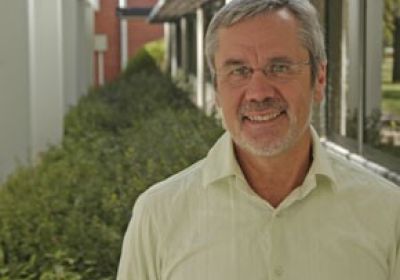
Climate scientist Will Steffen told reporters at the May 23 launch of The Critical Decade — the first report from the federal government-appointed Climate Commission — that “we don’t have the luxury anymore of climate denialism” and “need to get beyond this fruitless, phoney debate in the media”.
-
Hundreds of Australian Tamils and supporters gathered for an evening vigil in Sydney’s Martin Place on May 18 to commemorate two years since the defeat of the Liberation Tigers of Tamil Eelam (LTTE). The LTTE had fought a 30-year-long battle for an independent Tamil homeland in the north-east of Sri Lanka. In April, a leaked United Nations report said the Sri Lankan government had committed serious war crimes as the war came to a close, which led to the deaths of tens of thousands of civilians.
-
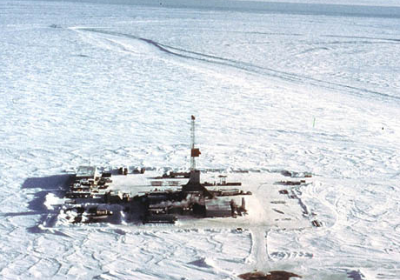
The melting of the Arctic ice cap is the surest sign that dangerous climate change is already upon us. But some of the world’s most powerful governments are not worrying about what to do about it, they’re scrambling to profit from it.
-

Refugees held inside Darwin’s Northern Immigration Detention Centre told members of the Darwin Asylum Seeker Support and Advocacy Network on May 3 of two recent suicide attempts by inmates.
-
Europe’s biggest polluters have made billions out of the European Emissions Trading System (ETS). But a new briefing by Carbon Trade Watch (CTW) says the scheme will ensure industry will not have to cut its emissions until at least 2017. The ETS sets a cap, or upper limit, on total emissions for 11,000 power stations and industrial plants in 30 European countries. Each company receives permits to pollute, which can be traded with other companies.
-
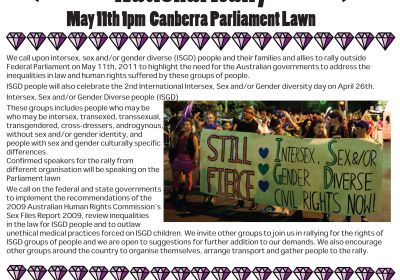 The activists of the Still Fierce collective are angry, proud and determined to make change happen. The group is organising a protest outside the federal parliament in Canberra on May 11. It will be Australia’s first rally for the rights of intersex, sex and/or gender diverse (ISGD) people. On its website, Still Fierce says ISGD “includes people who may be intersex, transexed, transsexual, transgender, genderqueer, androgynous, without sex and/or gender identity, and people with sex and gender culturally specific differences”.
The activists of the Still Fierce collective are angry, proud and determined to make change happen. The group is organising a protest outside the federal parliament in Canberra on May 11. It will be Australia’s first rally for the rights of intersex, sex and/or gender diverse (ISGD) people. On its website, Still Fierce says ISGD “includes people who may be intersex, transexed, transsexual, transgender, genderqueer, androgynous, without sex and/or gender identity, and people with sex and gender culturally specific differences”. -
 In December 2008, Israel launched an all-out military assault on the 1.4 million people in the Gaza Strip. Twenty-two days later, about 1400 Gazans were dead, including 300 children. In its 2009 report on the assault, titled Operation “Cast Lead”: 22 Days of Death and Destruction, Amnesty International said: “The scale and intensity of the attacks were unprecedented, even in the context of the increasingly lethal Israeli military campaigns in Gaza in previous years.
In December 2008, Israel launched an all-out military assault on the 1.4 million people in the Gaza Strip. Twenty-two days later, about 1400 Gazans were dead, including 300 children. In its 2009 report on the assault, titled Operation “Cast Lead”: 22 Days of Death and Destruction, Amnesty International said: “The scale and intensity of the attacks were unprecedented, even in the context of the increasingly lethal Israeli military campaigns in Gaza in previous years. -
 The Chinese philosopher Lao Tzu is reputed to have said: “If you do not change direction, you may end up where you are heading.” This sums up the problem we face from human-caused climate change. A “climate scoreboard” published by Climateinteractive.org calculates the impact of the current commitments by the world’s governments to cut carbon emissions. It estimates that if the promised emissions cuts are carried out in full, the earth would still warm by about 4°C by 2100 — far above the maximum warming of 1.5°C needed to maintain a safe planet.
The Chinese philosopher Lao Tzu is reputed to have said: “If you do not change direction, you may end up where you are heading.” This sums up the problem we face from human-caused climate change. A “climate scoreboard” published by Climateinteractive.org calculates the impact of the current commitments by the world’s governments to cut carbon emissions. It estimates that if the promised emissions cuts are carried out in full, the earth would still warm by about 4°C by 2100 — far above the maximum warming of 1.5°C needed to maintain a safe planet. -
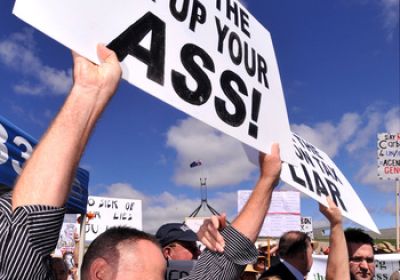 Two days before a March 23 rally against the government’s proposed carbon price took place in Canberra, Liberal MP Dennis Jensen told reporters gathered outside parliament house why he opposed the policy. He held up a piece of charcoal and dropped it to the ground. “Does anyone know what that is? Charcoal, also known as carbon,” he said. “If you notice when I let it go, it doesn't float into the air.”
Two days before a March 23 rally against the government’s proposed carbon price took place in Canberra, Liberal MP Dennis Jensen told reporters gathered outside parliament house why he opposed the policy. He held up a piece of charcoal and dropped it to the ground. “Does anyone know what that is? Charcoal, also known as carbon,” he said. “If you notice when I let it go, it doesn't float into the air.” -
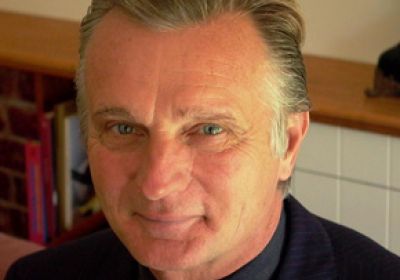 Former ABC journalist Jeff McMullen attacked the federal government’s intervention into Northern Territory Aboriginal communities as racist and harmful in a March 21 letter to indigenous affairs minister Jenny Macklin. McMullen said Macklin had “not responded to the calls by an overwhelming majority of the Aboriginal leaders in … occupied communities to end the Intervention now”. McMullen wrote in response to a letter Macklin sent him on March 2 that defended the intervention.
Former ABC journalist Jeff McMullen attacked the federal government’s intervention into Northern Territory Aboriginal communities as racist and harmful in a March 21 letter to indigenous affairs minister Jenny Macklin. McMullen said Macklin had “not responded to the calls by an overwhelming majority of the Aboriginal leaders in … occupied communities to end the Intervention now”. McMullen wrote in response to a letter Macklin sent him on March 2 that defended the intervention. -
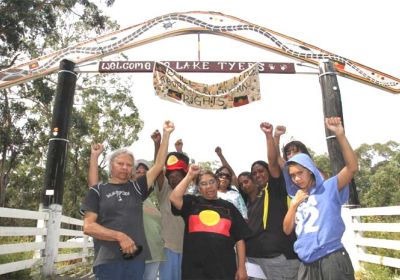 Victorian police led government officials through a blockade set up by residents of the Lake Tyers Aboriginal Trust in eastern Victoria, the Age said on March 23. Aboriginal women from the community set up the peaceful blockade on March 8 — International Women’s Day. Organisers have vowed to keep the blockade until Victoria’s Indigenous affairs minister, Jeanette Powell, agrees to meet with the community. At the start of the blockade, the women released a statement that explained their demands.
Victorian police led government officials through a blockade set up by residents of the Lake Tyers Aboriginal Trust in eastern Victoria, the Age said on March 23. Aboriginal women from the community set up the peaceful blockade on March 8 — International Women’s Day. Organisers have vowed to keep the blockade until Victoria’s Indigenous affairs minister, Jeanette Powell, agrees to meet with the community. At the start of the blockade, the women released a statement that explained their demands.